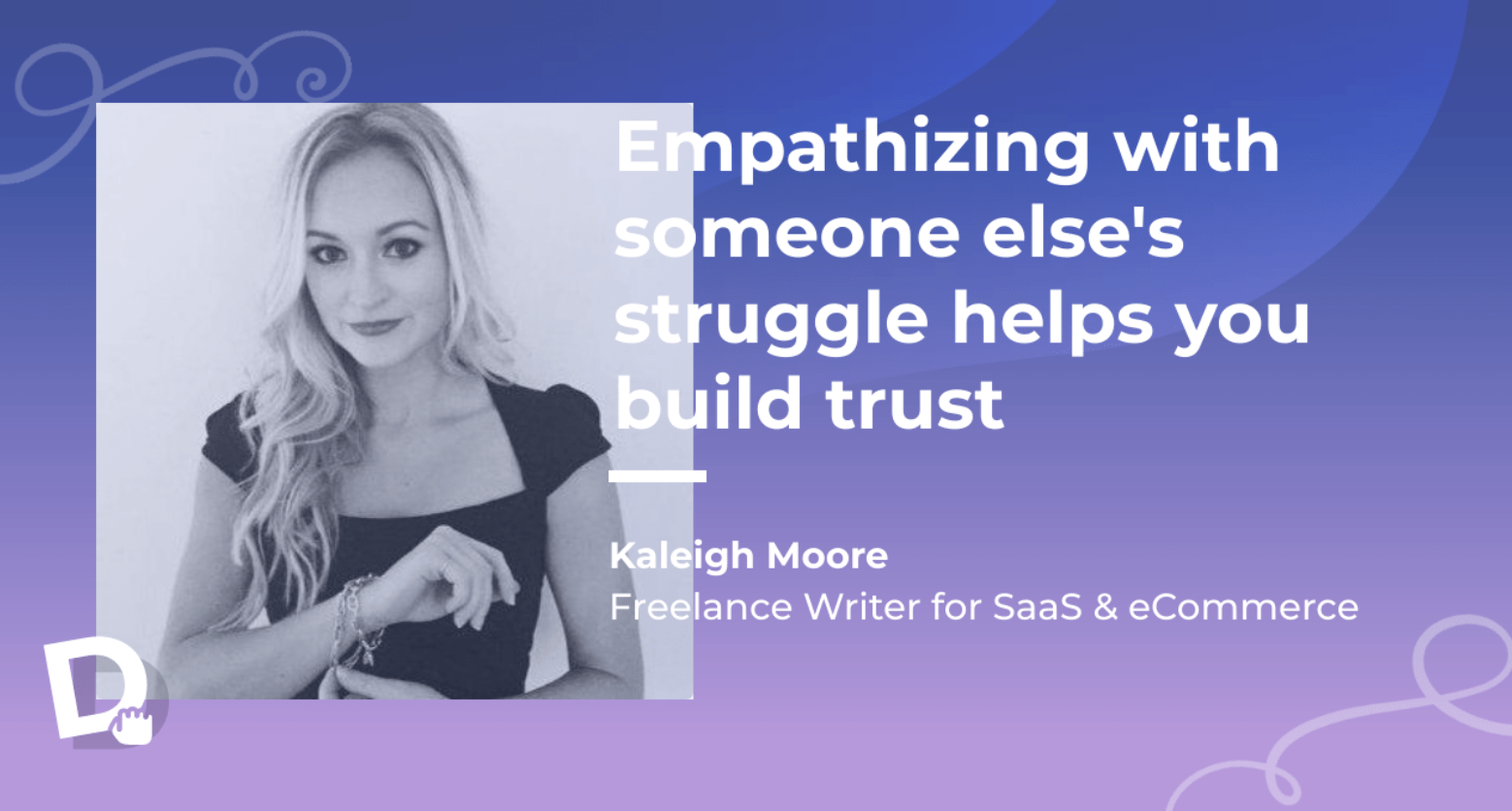The subject line of my latest newsletter was strategic; I wanted to prove a point.
It read: ‘Did you write this?’
And guess what? It generated a 60.1% open rate: my highest in the last 12 months.
More than 3,350 people opened the email.
The point: Curiosity is an incredibly powerful tool writers can use to spark action in the reader.
We all know about clickbait headlines. This is not about that.
This is about biology and psychology at play. It’s evidence of how humans’ brains are wired to fill information gaps, to eliminate uncertainty, and to get to the bottom of things.
In this email subject line, I posed a simple, realistic question and included the definite article ‘you’, which adds instant personal relevancy.
Recipients probably read that and thought: “Wait, did I? What’s she referring to? I better find out.”
A bit on the science behind why this happened and why information gaps are an effective tool for writers
Swiss psychologist and pioneer in cognitive development research Dr. Jean Piaget defined curiosity as "the urge to explain the unexpected."
Psychologist Daniel Berlyne built on this idea to define a specific type of curiosity called informational specificity, which is curiosity related to the desire for a particular piece of information. (That’s what we’re talking about here.)
Psychologist George Loewenstein went on to describe this type of curiosity as “a cognitive-induced deprivation that arises from the perception of a gap in knowledge and understanding.” His information gap theory holds that curiosity functions like other drive states (such as hunger), which motivates eating.
But here’s where things get interesting:
Loewenstein found that a small amount of information serves as a priming dose, which greatly increases curiosity. But over time, when enough information is consumed, satiation occurs and additional information only serves to reduce further curiosity.
Translation: Too much information squelches our curiosity and reduces our desire to seek out information.
This begs the question: Are our brains too over-taxed these days for curiosity to be effective tool for modern writers?
Personally, I’ve been feeling this in a big way lately.
Day in and day out, I’m consuming information for my client work. In my downtime, I’m reading, listening to podcasts, watching TV, scrolling social media…the information input is endless.
And it is freakin’ exhausting.
Maybe you’ve felt this too. By the end of the day, your brain feels like mush, and you just want to do something mindless to unwind before bed.
Two key takeaways on curiosity as a writing tool
1. Curiosity can be a huge advantage; it motivates us to learn, to expand our frames of reference about the world, and to find answers to burning questions. But when we over-tax our brains, we squash that natural ability.
I think this makes a large case for regular time spent unplugged, without information being sent in for processing.
Maybe that means going for a walk outside (without headphones!), sitting outside absorbing the scenery, taking a long bath, or even meditating (I haven’t mastered that one, though.)
2. Curiosity does still work as a strategic tool for writers, but that power needs to be wielded with caution.
Manageable information gaps are the way to go: Strive to create enough of a challenge for the info gap to be stimulating, but it shouldn’t be a misleading claim that makes the reader feel tricked.
Bottom line: Maybe it’s time to reset your brain so it can have that revived sense of curiosity.
And on the other hand, knowing what you know now, you can use curiosity responsibly and empathetically, understanding that your audience is probably struggling with the same mental overload issues.
It's our job as writers to fully understand our audiences and to address them accordingly.
Use that power for good...not manipulation.
Want more on using psychology for good as a writer?
Here's a deep dive I did on empathy in copywriting with alllll the nerdy science and steps to do it well. I also spoke about this topic at length on a podcast a while back.






